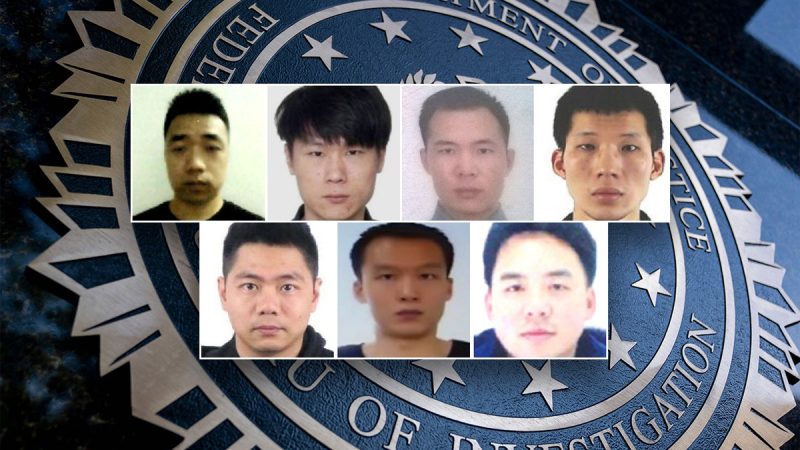The recent cyberattacks allegedly conducted by Chinese hackers under the cover of a Wuhan-based tech company have raised significant concerns regarding national security and the integrity of sensitive data across various sectors. This infiltration, targeted at politicians and U.S. businesses, highlights the evolving landscape of cyber threats and the need for robust cybersecurity measures in today’s interconnected world.
The Department of Justice (DOJ) has shed light on the sophisticated tactics employed by these hackers, indicating a systematic approach to accessing confidential information and perpetrating malicious activities. By operating under the guise of a legitimate tech company from Wuhan, the hackers managed to evade detection and exploit vulnerabilities within target systems, underscoring the importance of verifying the authenticity of digital entities and maintaining a high level of vigilance against potential threats.
The specific targeting of politicians and U.S. businesses is particularly concerning, as it signifies a deliberate effort to compromise sensitive data and potentially influence political decision-making processes or gain a competitive advantage in the business arena. Such cyber espionage activities can have far-reaching consequences, not only in terms of financial losses and reputational damage but also regarding national security implications and the potential compromise of critical infrastructure.
The involvement of state-sponsored entities or individuals in these cyber operations further complicates the situation, raising questions about accountability and diplomatic responses to such breaches of cybersecurity norms. The attribution of these attacks to Chinese hackers underscores the need for international cooperation and coordinated efforts to combat cyber threats effectively, as unilateral actions may not suffice in addressing the underlying issues at hand.
In response to these revelations, it is imperative for governments, businesses, and individuals alike to prioritize cybersecurity measures and implement best practices to enhance resilience against cyber threats. This includes adopting robust encryption protocols, conducting regular security audits, and investing in training programs to educate stakeholders on the evolving nature of cyber threats and effective mitigation strategies.
Furthermore, collaboration between public and private sectors, as well as international partners, is essential in developing a comprehensive cybersecurity framework that can effectively deter and respond to malicious activities in cyberspace. By sharing threat intelligence, coordinating incident response measures, and fostering a culture of cyber hygiene, organizations can strengthen their defense mechanisms and reduce the likelihood of successful cyber intrusions.
Ultimately, the recent revelations regarding Chinese hackers exploiting a Wuhan-based tech company to target politicians and U.S. businesses serve as a stark reminder of the persistent threat posed by cyber adversaries in today’s digital age. Only through proactive measures, collective action, and continuous innovation can we hope to safeguard our digital infrastructure and protect the integrity of sensitive data from malicious actors intent on causing harm or disruption.




























